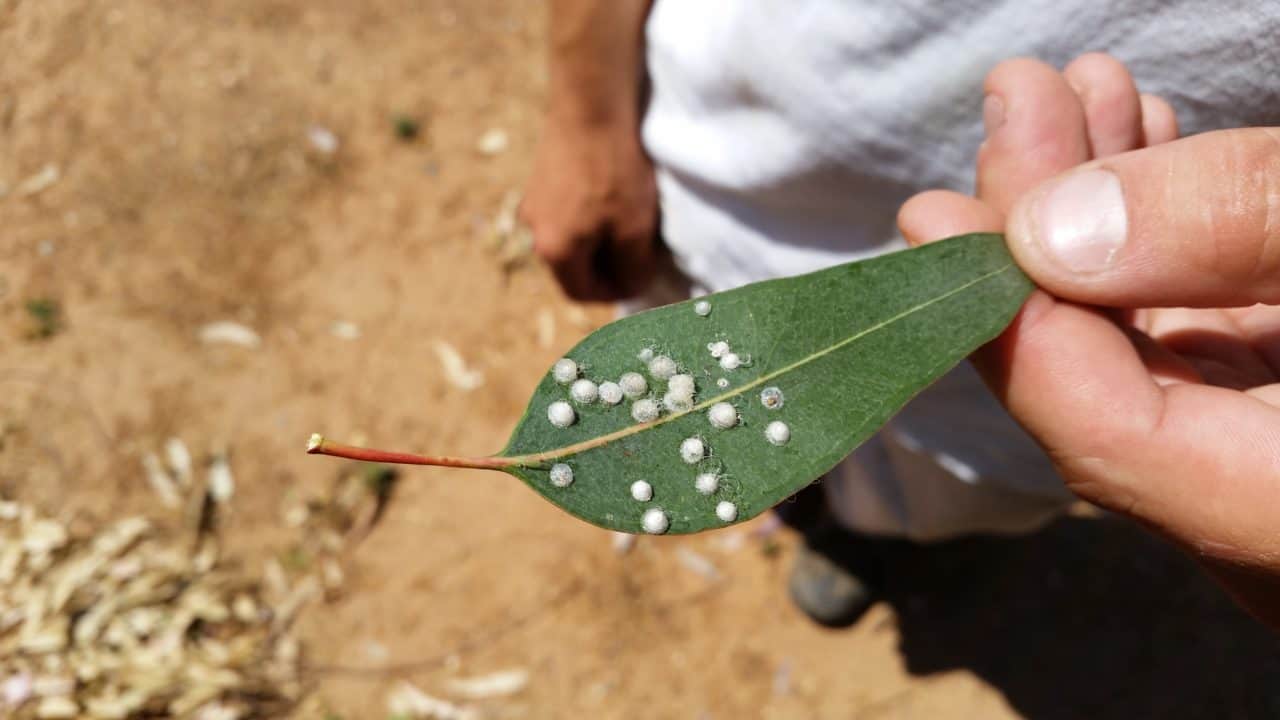Introducing the vanEngelsdorp Honey Bee Lab Website
The Bee Informed Partnership would like to announce the launch of our new website for the vanEngelsdorp Honey Bee Lab at the University of Maryland, College Park. The focus of this website will be about projects specific to the lab and the University of Maryland. Our Sentinel Hive program is one of these projects. […]
